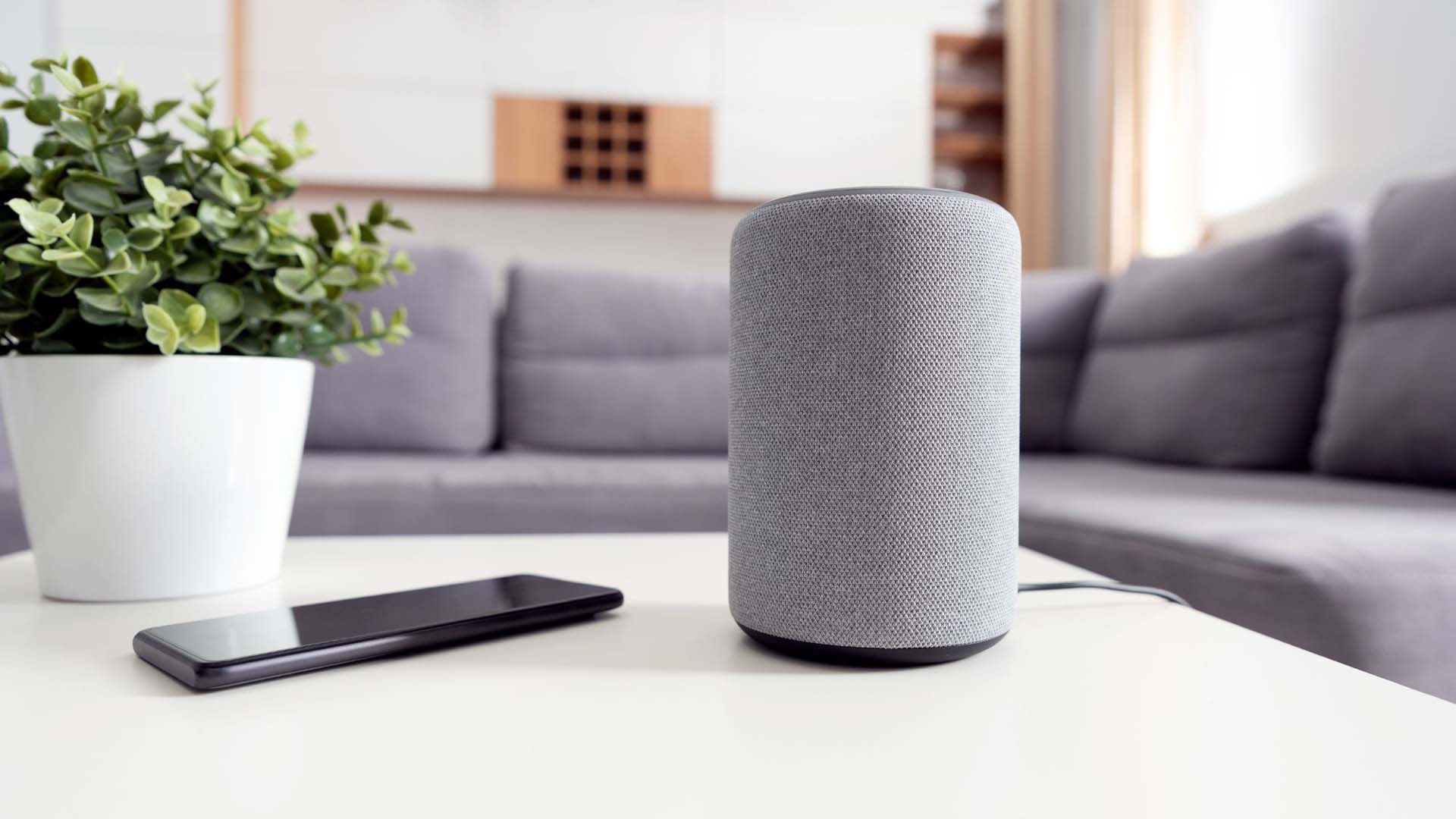
Smart speakers have exploded in popularity in recent years, with three quarters of UK homes now boasting smart technology.
But what exactly are they? And what can they do? In short, a smart speaker is a device that uses voice commands to control your music, get information, and automate your home.
They are powered by virtual assistants, which can understand and respond to your spoken requests. Smart speakers are incredibly versatile.
You can use them to play music, get news and weather updates, set timers and alarms, control smart home devices, and much more. They can also be used to make hands-free calls, send messages, and even order food.
The first smart speaker, the Amazon Echo with its Alexa voice assistant, which arrived in 2014. Essentially a search engine controlled with your voice, Alexa can answer general knowledge questions, read out the weather forecast, play music, and much more.
The Echo range has since grown to include several models of the Echo smart speaker, from the small Echo Dot and the latest Echo Pop to the larger, louder and more expensive Echo Studio.
Similarly, Google has its own range of smart speakers under its Nest brand, powered by the voice-activated Google Assistant.
Lastly, Apple has its Home-Pod smart speakers and a voice assistant called Siri.
A smart home speaker is a speaker that connects to the internet and can be controlled by issuing spoken commands to its voice assistant, or by using a smartphone application.
Each virtual assistant has its own set of capabilities and integrations with various third-party services and smart home devices, which means they can tell you what the weather will be like in your area and even add items to your online shopping bag.
Smart speakers are constantly listening for their “wake word”, which is the word or phrase used to get their attention.
Only after hearing that do they react to what is being said. Depending on the make of smart speaker you have, wake words include “Alexa”, “Hey Siri” and “Okay Google”.
Did you know that you can change the wake word on any Amazon smart speaker?
There are five other command words you can choose - Alexa, Amazon, Computer, Echo and Ziggy. Its very straightforward to change the Alexa command word. This can be useful to change if you have more than one smart speaker in your household or someone has a similarly sounding name to Alexa.
Unfortunately, you can't change the Google command word.
Northeastern University found that smart speakers may be accidentally set off by certain TV shows, with The Office and Gilmore Girls being the most popular shows for waking them up.
Smart speakers can occasionally mistake other sounds for their wake word and start listening by accident.
Some people are worried about privacy issues with smart speakers, so the ability to switch off the microphone is really useful," explains Jayne Cherrington-Cook, a technology writer.
"Just remember to switch it back on if you do want to tell your smart speaker to do something. They're clever, but not that intelligent!"
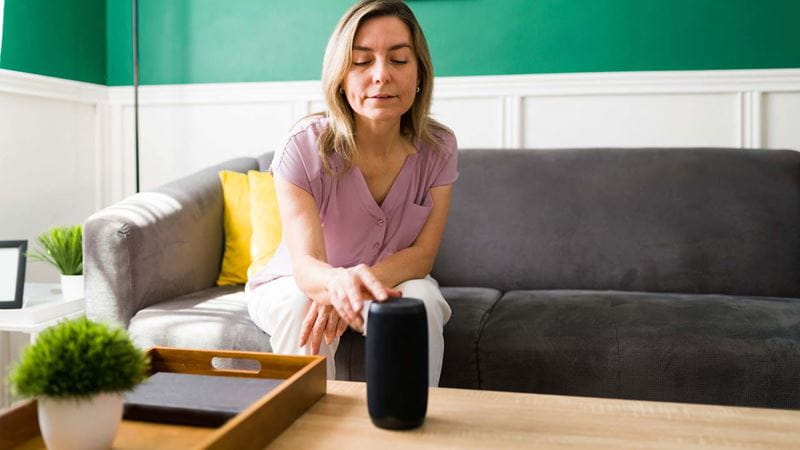
When it comes to bluetooth speakers vs smart speakers, it's all down to the voice assistant. Bluetooth speakers connect directly to devices like smartphones and simply act as a loudspeaker.
They also don't generally connect to the internet and of course don't have a voice assistant, although there are some exceptions such as the Sonas Roam speaker.
Bluetooth speakers are good for music lovers. Product tester Philip Sowels, says these will generally have a better sound quality, representing the music as it's meant to be heard, whereas some smart speakers can make music sound “flat or squashed”.
If the lure of the virtual assistant is too much, most smart speakers can be wirelessly connected and turned into a stereo pair for improved music quality. This will though make for a more expensive option.
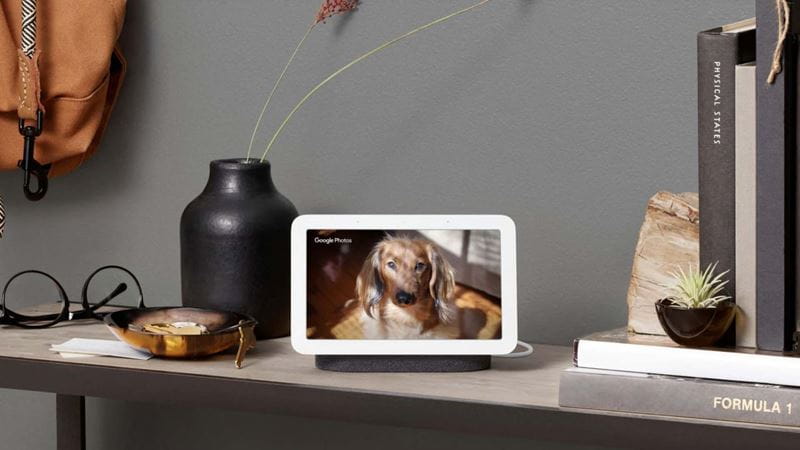
There are also smart displays which, as the name suggests, are smart speakers with a screen attached. As well as replying audibly, they can show extra information to answer your questions.
Some smart displays also have integrated cameras and can be used for making video calls. Others offer touch controls for smart home systems.
For more information read our article Smart speaker vs smart display to find out which is best for you.
Smart speakers are powered from a plug socket and connect to the internet using wi-fi. This is how the speaker’s voice assistant answers your questions – it performs a web search to understand what you asked, then finds the answer and says it aloud.
The hardware of a smart speaker is often very simple, with the product housing one or more individual speakers, microphones for the voice assistant to hear you, buttons for adjusting the volume, and a status light to indicate when the assistant is listening, thinking or has a problem.

Some voice-controlled speakers can also be connected to other devices like phones and other speakers or sound systems, using a 3.5mm (1/8in) auxiliary audio cable. Smart speakers are usually set up using a smartphone application. You can read more about how to set up a smart speaker.
Amazon’s setup process is one of the simplest and is especially slick if you already have the Amazon or Alexa app on your phone.
Once you have gone through the setup process once, adding a second or third Echo speaker takes just a few seconds.
It's like having your own personal assistant.
As well as answering questions by scanning the web, smart speakers can play music from streaming services like Spotify, set alarms and timers (especially handy in the kitchen), make phone calls and even add items to your shopping list.
"Smart speakers really can be a help in busy, modern households," says Cherrington-Cook.
"Some voice assistants, such as Alexa, have a library of skills they're able to help you with, so it's something to research before deciding upon what smart speaker to buy."
You can find out more about Alexa skills to make your home smarter and we've shared 10 things you didn't know you could ask Alexa.
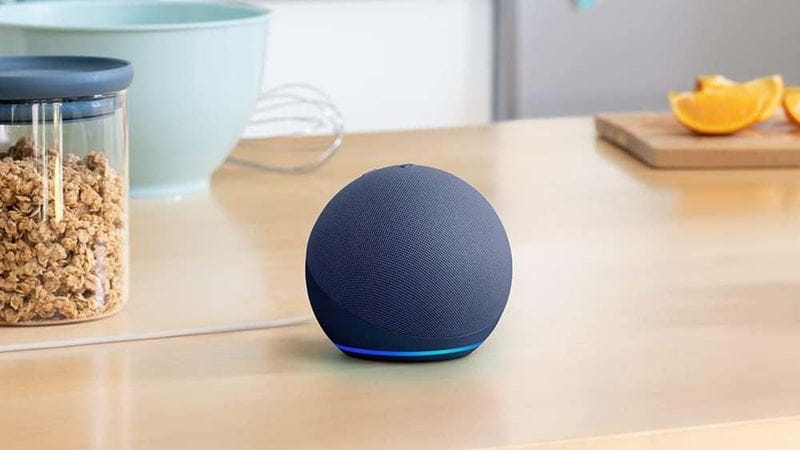
They also work well in pairs and groups. For example, it’s possible to create a home intercom system using a pair of Amazon Echo smart speakers in different rooms, or to play music throughout your home with a set of Apple HomePods.
Some smart speakers such as the Amazon Echo Dot can also be used as a smart hub, allowing you to control smart home devices like light bulbs (such as Philips Hue), plugs, security systems and thermostats with just your voice.
Again this might sway your choice as to which model to purchase.
"If you love all things Apple and are heavily invested in that eco-system then the HomePod is definitely the one to choose, whereas those with an android phone for example, might prefer Google's selection of smart speakers," advises Cherrington-Cook.
Not sure what the best smart speaker is for you? Think about price, whether you have other tech from that same brand and what you want to use it for.
When you know that, it's easier to choose the right smart speaker for your household.
Amazon’s smart speaker range begins with the compact Amazon Echo Pop and Echo Dot extends to the larger and more acoustically impressive Echo, and is crowned by the Echo Studio flagship.
Crucially, while their maximum volume and sound quality differ, all models have the same Alexa voice assistance.
They may look identical, but there are differences between Amazon’s two most popular smart speakers.
Our article Amazon Echo vs Echo Dot will help you decide which speaker is right for you.
Both have a living room-friendly fabric finish available in several colours, and both work with the voice-activated Google Assistant.
Although more expensive than their rivals, these smart speakers use the same Siri voice assistant as the iPhone and are best for buyers who already own other Apple products.
Other smart speaker brands include Bang & Olufsen and Bose.
Bang & Olufsen have a great Black Friday deal on their Beosound A1 (2nd Gen), at £152 instead of £259 at Amazon. Or, you could get the Bose SoundLink Revolve+ (Series II), which is currently reduced on Amazon from £299.95 to £229.
While they also use Alexa and Google Assistant, they don’t have all the features offered by smart speakers from Amazon and Google themselves.
Alistair has been a technology and automotive journalist since 2011. He specialises in smart home tech, from speakers and displays, to smart lighting, plugs, audio systems, security cameras and TV streaming devices.
Alistair has tested hundreds of products during his career and as a freelancer he currently writes for Wired, T3, Forbes, The Independent, TechRadar, BBC Science Focus and Grand Designs, among others.
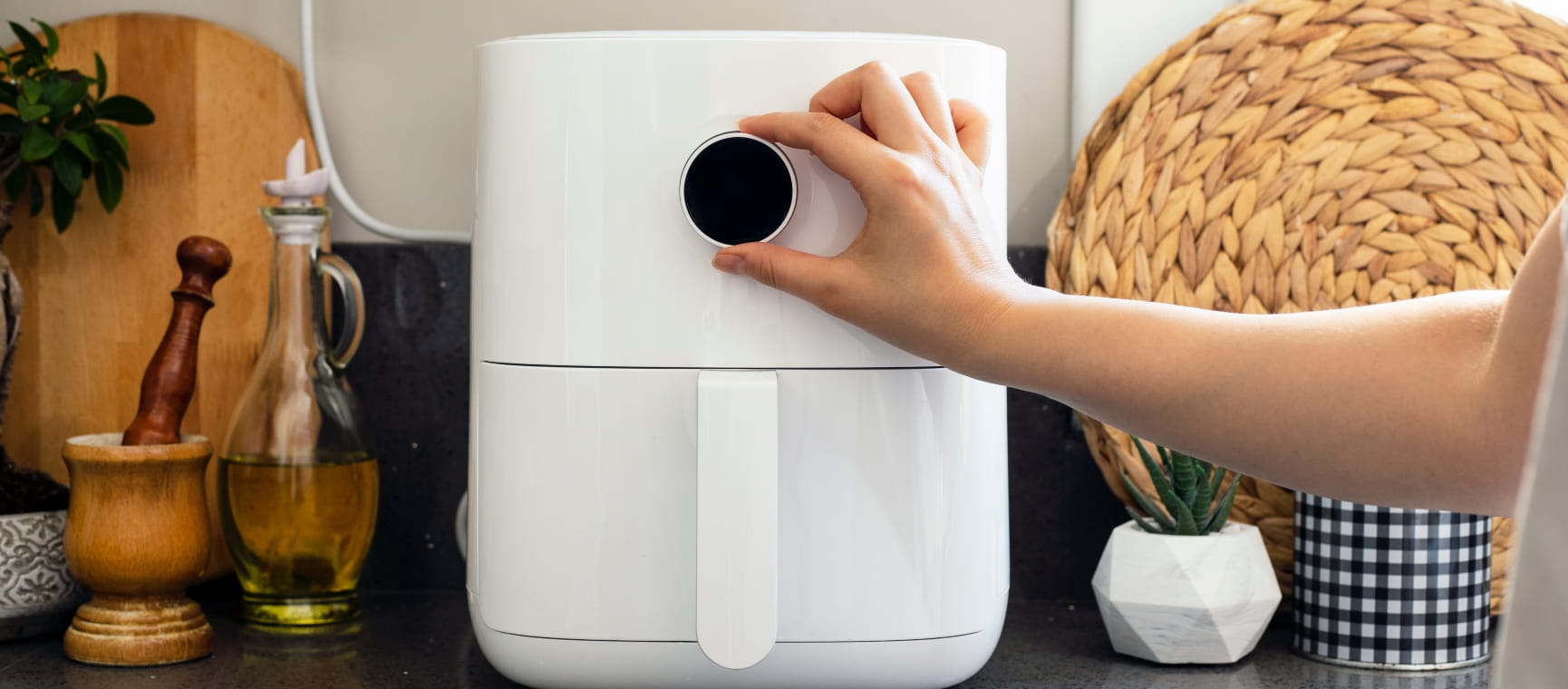
Home chefs are turning to their air fryer and slow cooker to save money on their energy bills. Which is cheaper to run?
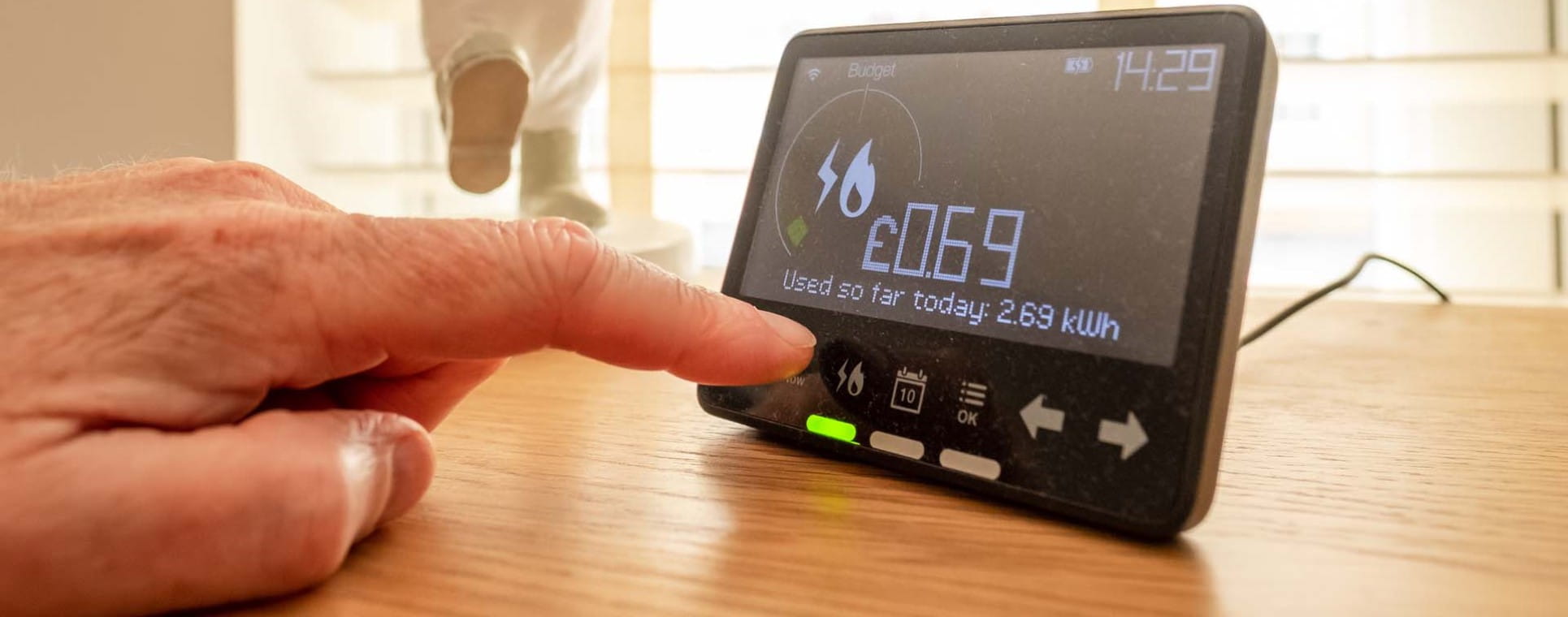
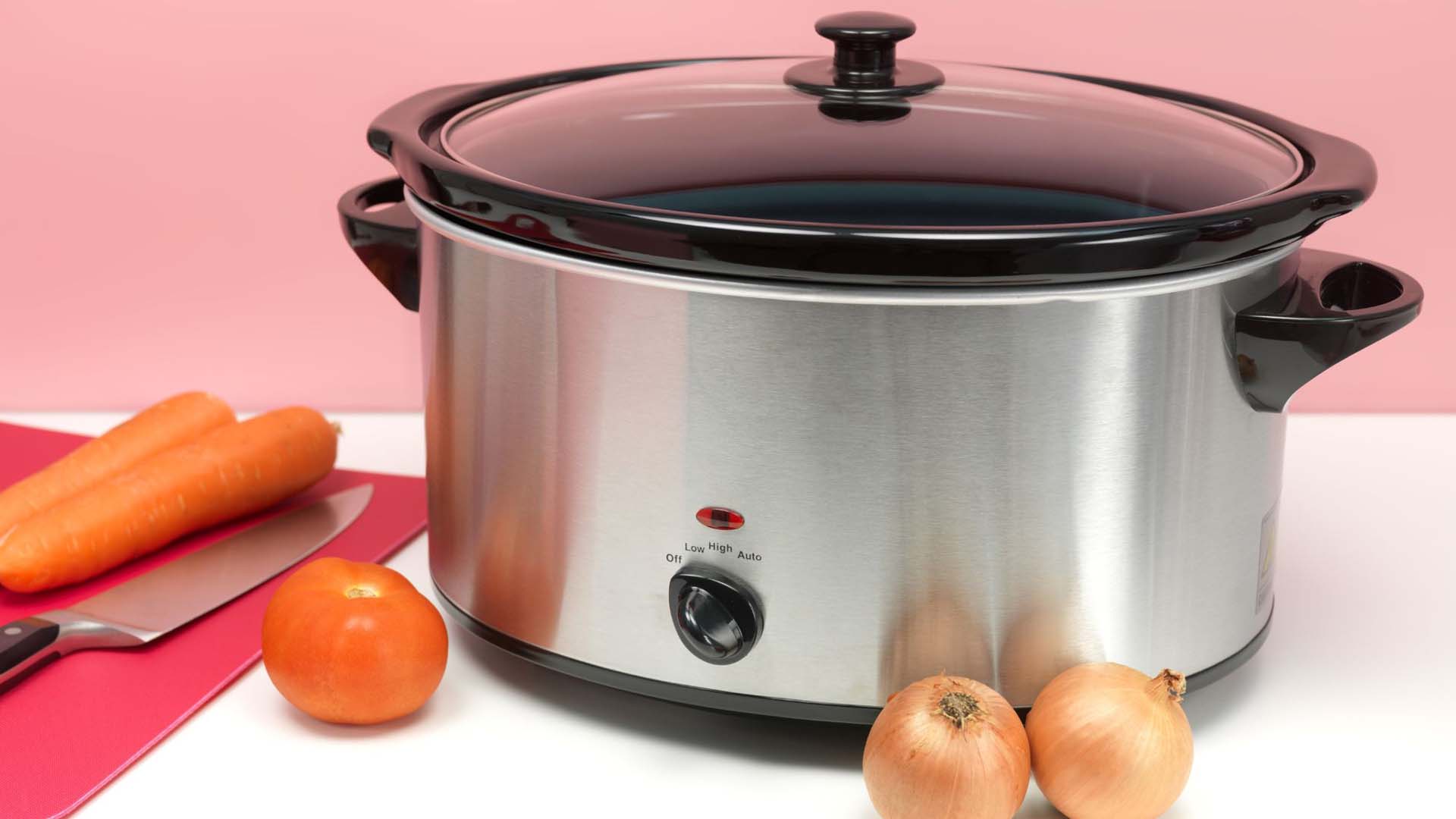
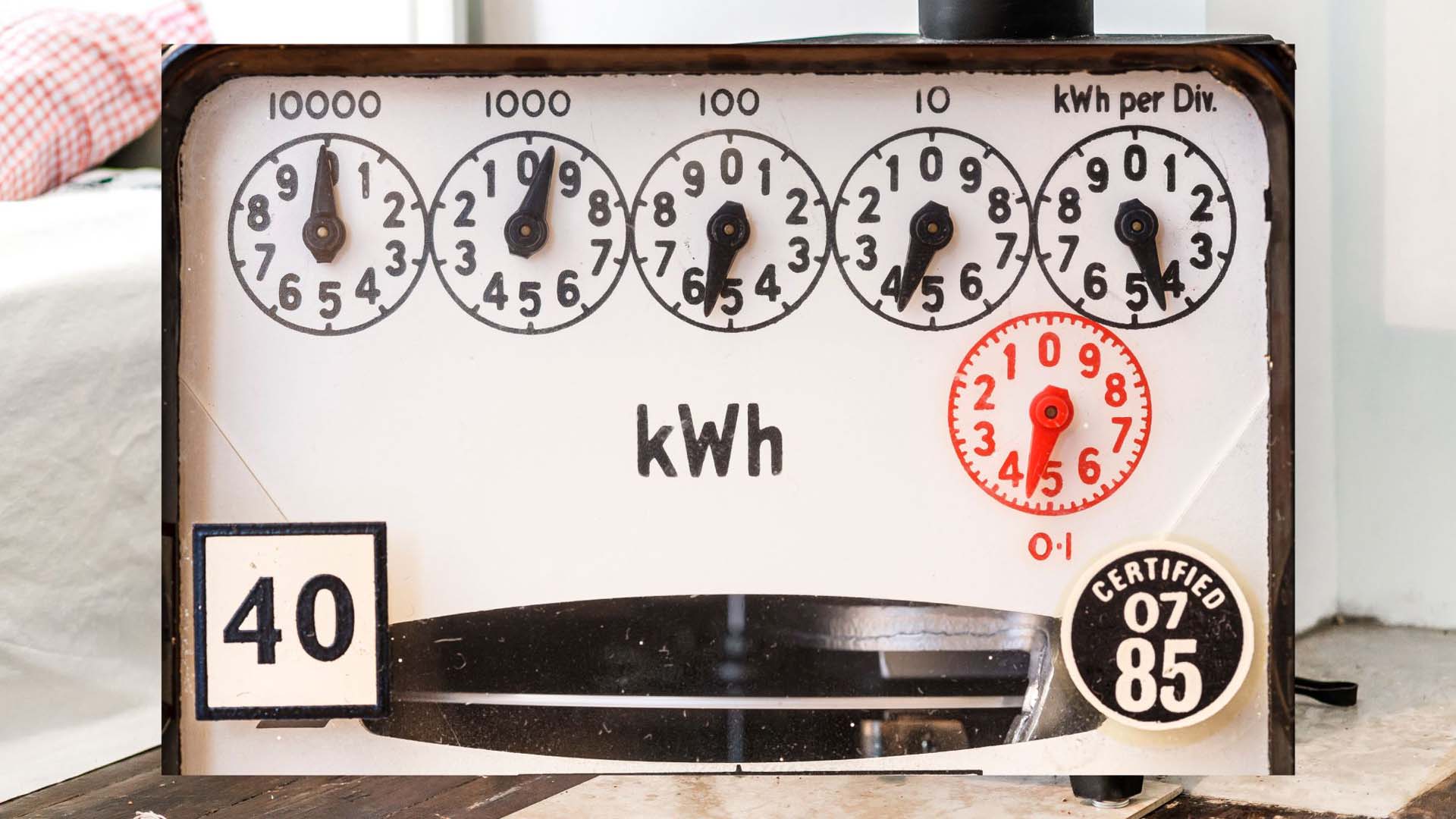
Find out if a smart meter offers you more benefits than your traditional energy meter.

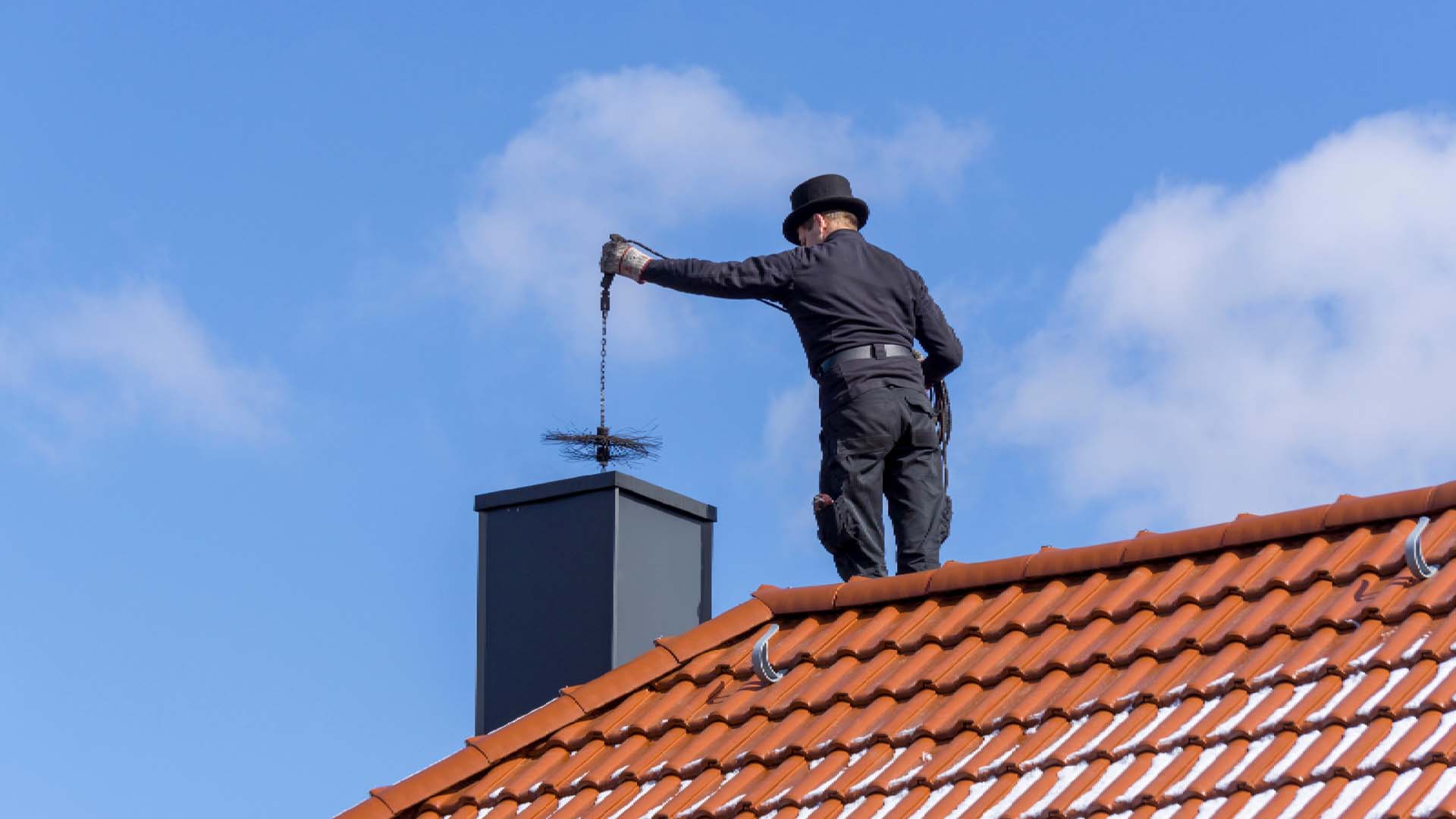
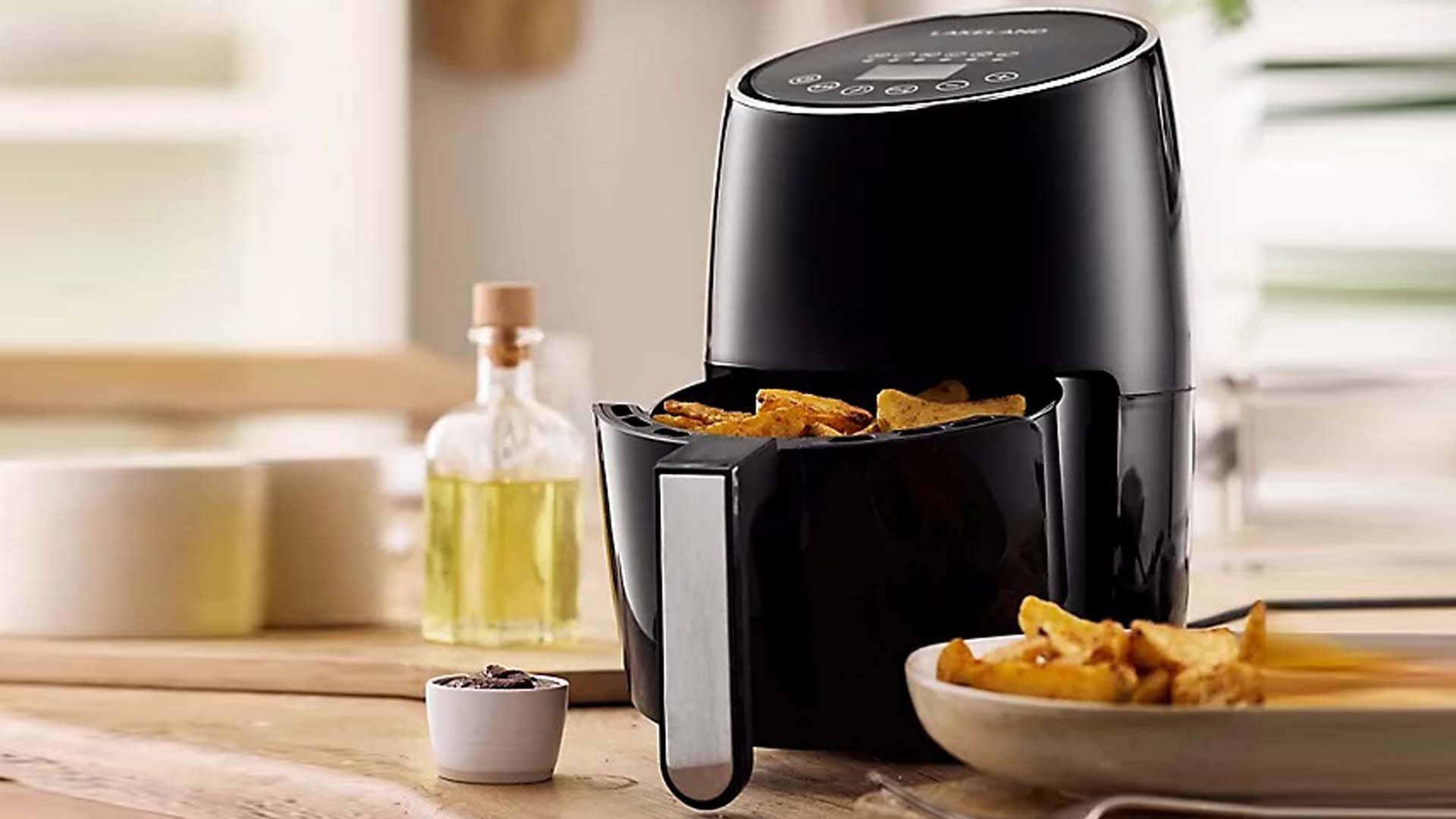
As well as being a healthy option, air fryers are said to save money – but in reality, how economical are they?
